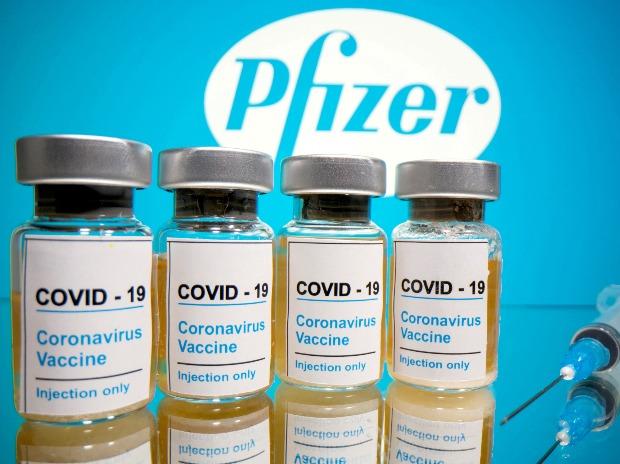US-based Drug-maker Pfizer is in the final stages of striking an agreement with India. It claimed on Thursday that its vaccine is highly effective against the Delta variant of Covid-19. The Delta variant has emerged as a new threat to the world. In India, the highly transmissible Delta variants were considered to be the reason behind the second wave. Adding to the worries, a second mutation of the variant, called Delta Plus has also been reported in India. This mutation has been reported in some other countries as well, including the UK and the US. This has led the vaccine makers to relook their data on the effectiveness of vaccines.
Also Read: Indemnity from liability to be granted to vaccine manufacturers like Pfizer and Moderna
As reported by Reuters, Alon Rappaport, Pfizer’s medical director in Israel told local broadcaster Army Radio, “The data we have today, accumulating from research we are conducting at the lab and including data from those places where the Indian variant, Delta, has replaced the British variant as the common variant, point to our vaccine being very effective, around 90%, in preventing the coronavirus disease, Covid-19.”
Pfizer-vaccine’s effectivity against the Delta variant will ramp up India’s fight against the Covid-19 pandemic. In this regard, the union health ministry has said that both Covishield and Covaxin, the two vaccines which have been part of India’s vaccination drive, are effective against Delta variants.
The Russia-made vaccine Sputnik V, available now in India, has also claimed that the vaccine is effective against the Delta variant. Sputnik V has offered a booster dose to drug-makers in India, suited against the delta variant.
Delta variant was first reported from India. It has proved to have been more virulent than the previous variants. This variant is now responsible for around 100 percent of Covid-19 infections in the UK.
Also See: New mutants of Coronavirus
Pfizer CEO Dr Albert Bourla recently said that the company’s agreement with the Indian government is being finalised. The company, as it did in all other countries, wanted legal protection (indemnity from liability) in India. This had initially created a bottleneck as no other vaccine maker enjoys indemnity in the country as yet. Bourla said, “My hope is that very soon we will finalise the approval of the product in India by the Indian health care authorities and the agreement with the government so that we can also start sending vaccines, on our side.”
India while fighting the second wave of Covid19 is also struggling to control the increasing spread of the Delta variant. Its mutated version, Delta plus, also known as ‘AY.1’ variant or B.1.617.2.1, is considered to be the most dangerous variant of Covid-19.
The delta variant of Covid19 virus has so far been detected in three states in the country. Maharashtra, Kerala and Madhya Pradesh have been reporting cases of delta & delta plus variants in India.
The health ministry has declared the delta variant as a ‘variant of concern’. It also directed states to take up immediate containment measures in clusters where the variant has been detected.
Also See: Are Covid vaccines magnetic? Facts you should know related to coronavirus
INSACOG, a consortium of 28 laboratories of the Health Ministry that is involved in genome sequencing, informed the Centre that the Delta Plus variant has three worrying characteristics: increased transmissibility; stronger binding in receptors of lung cells; and potential reduction in monoclonal antibody response. Following this, the decision of announcing the variant as a ‘variant of concern’ came from the health ministry.
Delta Plus variant or B.1.617.2.1 is closely related to the Delta variant. Just like Delta, the Delta Plus variant has mutation in the spike protein region of the RNA virus. This mutation potentially makes it more transmissible.





